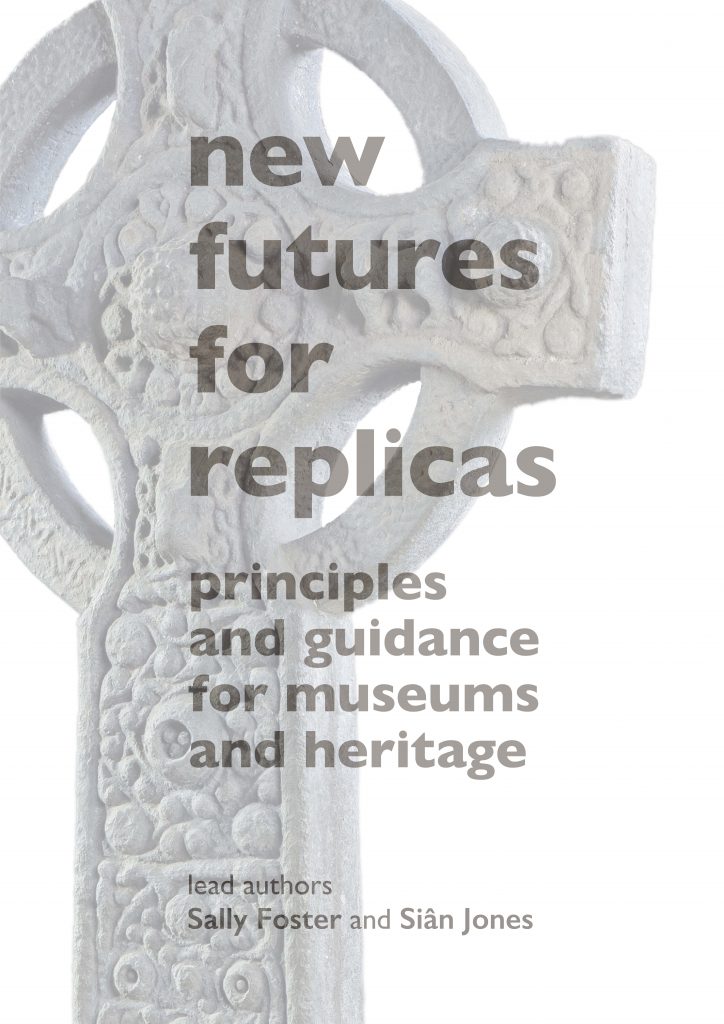Wow! The Future is calling!
2020-12-29
After years of thinking, drawing, writing, editing and re-editing, illustrator Pernilla Frid and archaeologist Cornelius Holtorf published a unique children’s book (which is really for adults).
Wow! The Future is calling! is a picture book coming out of Cornelius Holtorf’s longstanding research at the interface of heritage and the future. When illustrator Pernilla Frid was invited to apply her skills, she was immediately attracted to work in this context and with innovative concepts. The point is to convey the variety and richness in which we can engage with the future. The book gives many examples, both in the way the main characters act, representing three different ways of relating to the future, and in the many details, which surround them.
Copyright © 2021. Text & illustrations: Pernilla Frid & Cornelius Holtorf. All rights reserved. Contact: pernillafrid926@gmail.com, cornelius.holtorf@lnu.se






[…] The new funding for this and a number of additional smaller projects, means that the Climate Heritage Network is…
[…] Chair on Heritage Futures « Culture, cultural heritage and COP26 […]
[…] mer på Unescoprofessurens blogg http://blogg.lnu.se/unesco/?p=1061 Besök Öland 2050! […]